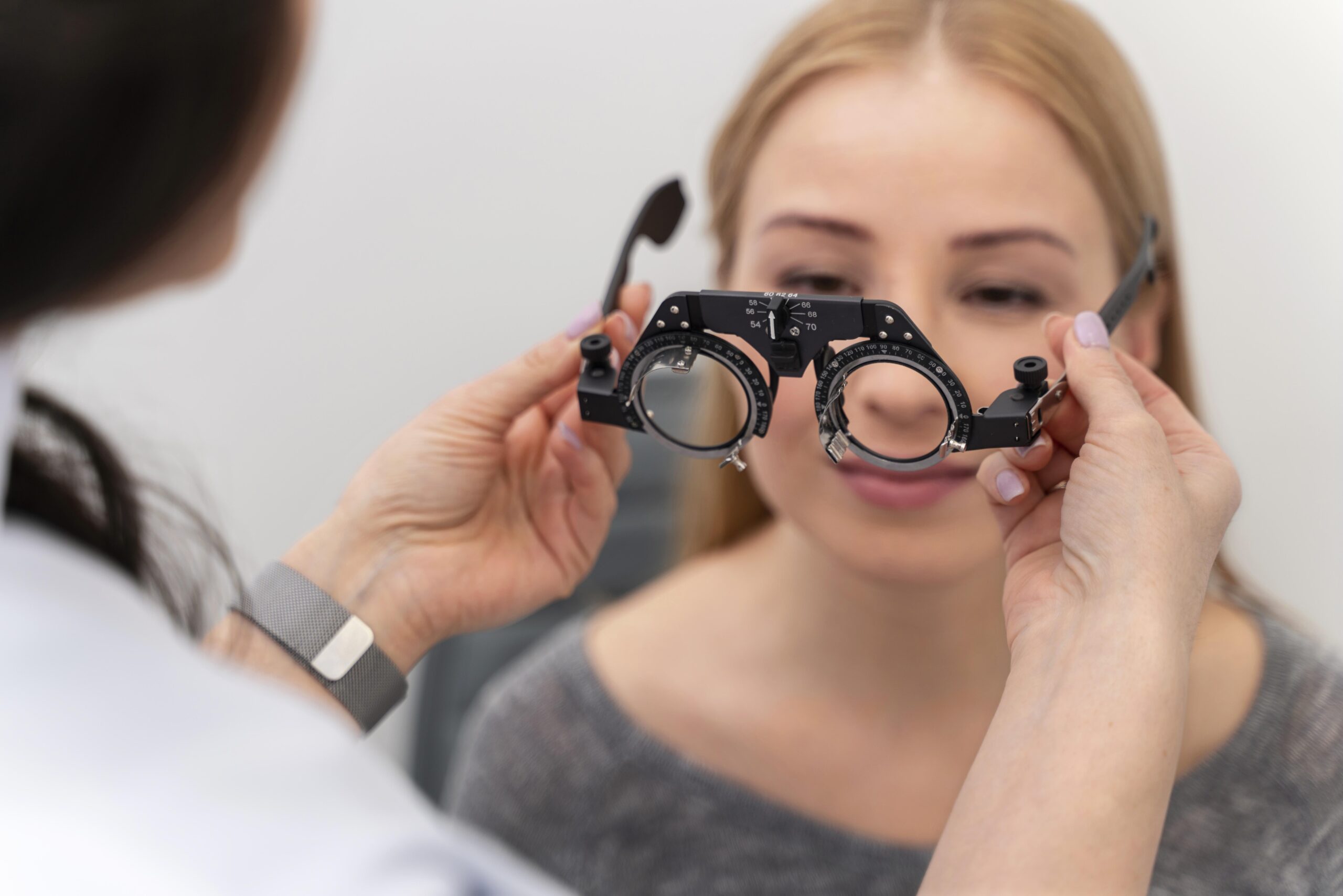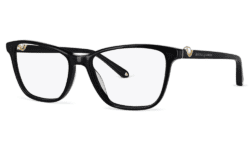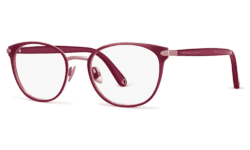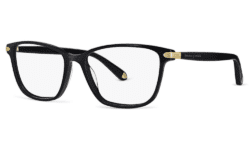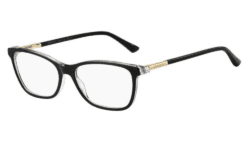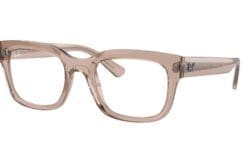What Are Eye Floaters? How To Reduce Floaters in Eyes Naturally?
Have you ever noticed little clouds or wavy lines in your range of vision when staring at a blank wall or background? When you stare at a bright object, like a bright blue sky, you may see these strange forms much more clearly.
If you are not experiencing psychedelic-induced hallucinations, you are probably only noticing floaters in your vision. However, if they start to form or grow quickly, it could be a tricky situation. They might get so focused as to begin obstructing your eyesight.
In this article, I will explore the various factors that can cause eye floaters, the signs that indicate their presence, and natural remedies that can aid in their treatment.
What are eye floaters?
As you go about your day, you may notice small specks taking on peculiar forms, leisurely making their way across your line of sight. Often resembling minuscule fragments, strings, or webs, these imperfections are known as floaters. Unlike optical illusions, floaters are not a figment of your imagination. Rather, they are clusters of debris that drift within the vitreous, a gel-like substance that contributes to the shape of the eye. As these floaters move, they cast shadows on the retina, resulting in the appearance of dark spots within your vision.

What causes eye floaters?
Floaters in the eyes are a common occurrence that may be attributed to various causes. With age, changes occur in the vitreous, a jelly-like substance that fills the eye. The vitreous can become less firm and separate from the retina, resulting in clumping of the gel and the appearance of stringy fragments that cast shadows.
The most common cause of ring-shaped floaters is total vitreous detachment from the retina. It temporarily leaves a ring-shaped floater in your field of vision after detaching from the optic nerve.
Another cause of floaters is when the vitreous completely detaches from the retina, leaving a ring-shaped floater temporarily in the field of vision. In some cases, this detachment can lead to the tearing of a small portion of the retina, causing the blood vessels to leak blood. Immediate medical attention is necessary for the correct treatment to prevent further damage.
People with diabetic retinopathy may also experience floaters, and they may also be a side effect of cataract surgery or other vision problems. It is crucial to seek medical advice if these symptoms persist or worsen to prevent any further vision complications.
With time, these floaters may disappear, and even if they stay, your brain will gradually learn to disregard them while processing visual data. Here are some methods that can help if you want to lessen the visibility of these floaters.
How to avoid eye floaters?
Stay hydrated.
If the collagen in your vitreous is not properly hydrated or oxygenated, you may experience floaters due to shrinkage. This highlights the crucial role of hydration in maintaining optimal moisture levels in your ocular cells and overall eye hydration. Moreover, environmental pollutants can also contribute to the appearance of eye floaters. To eliminate toxins from your body, drinking plenty of water is the recommended approach.
An anti-inflammatory food.
The next step in a natural remedy for eye floaters is to be mindful of your diet. Anti-inflammatory foods do not specifically help with floaters, but they do benefit your eyes in general.
You could incorporate the following foods into your diet:
- Organic berries like strawberries, blueberries, and cherries
- Green leafy veggies like kale and spinach
- Omega-3 fatty acid-rich fish like salmon and tuna
- Citrus fruits
- Olive oil, extra virgin, or coconut oil
- Tomatoes
- Nuts and whole grains
Observe eye safety.
Eye floaters can be a result of various factors that impact the vitreous humour, which is the fluid inside the eye. One of the significant causes of this condition is an eye injury. Therefore, it is wise to take precautionary measures to reduce the risk of injury. For instance, when engaging in activities like sports that increase the likelihood of eye injury, it is advisable to wear protective eyewear. Exposure to harmful chemicals can also lead to eye injuries, and wearing safety glasses can protect your eyes from chemical fumes and debris. By taking preventive measures, you can maintain good eye health and prevent the onset of eye floaters.
Rest and unwind.
Insufficient sleep can lead to fatigue in the eyes and heightened awareness of floaters. To avoid this, ensure that you get an adequate amount of rest. If floaters are causing discomfort, try using a warm or cold compress to soothe your eye muscles.
Avoid bright lighting.
If you find yourself glued to your devices for extended periods of time, it may be worth your while to explore blue light-blocking glasses. Prolonged exposure to screens can not only tyre out your eyes but also exacerbate the pesky floaters that can sometimes appear in your vision. Especially in brightly lit environments, these floaters can be more noticeable and distracting. To avoid any discomfort, consider adjusting the lighting settings on your devices or investing in a pair of UV-protected sunglasses to reduce glare when you are out and about.
Get an eye test.
It is easy to overlook the importance of regular eye exams, especially if you have not experienced any noticeable changes in your vision. However, these exams can detect potential eye diseases in their early stages, which is crucial for effective treatment.
By catching these issues early on, you can prevent them from progressing and avoid more serious complications down the line. In fact, some eye conditions can be addressed before you even begin to experience symptoms, such as floaters in your vision.
While floaters are typically harmless and go away on their own, it is important to seek medical attention if they persist. Your doctor can evaluate the severity of your symptoms and recommend the appropriate treatment, whether it is medication or a natural remedy.
Do not wait until something goes wrong with your eyes to get an exam; make it a priority for your overall health and well-being.


